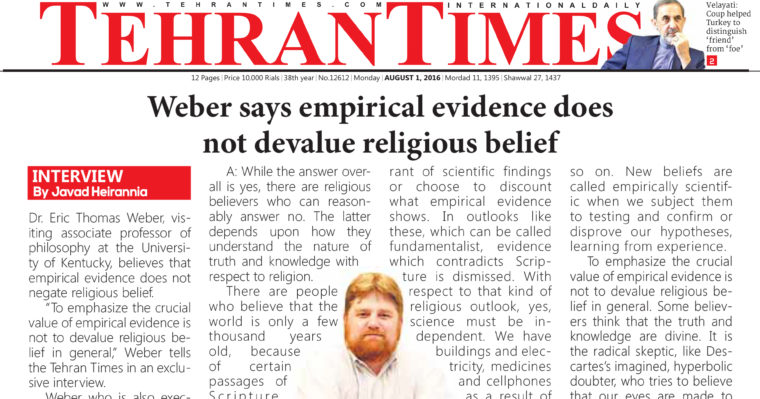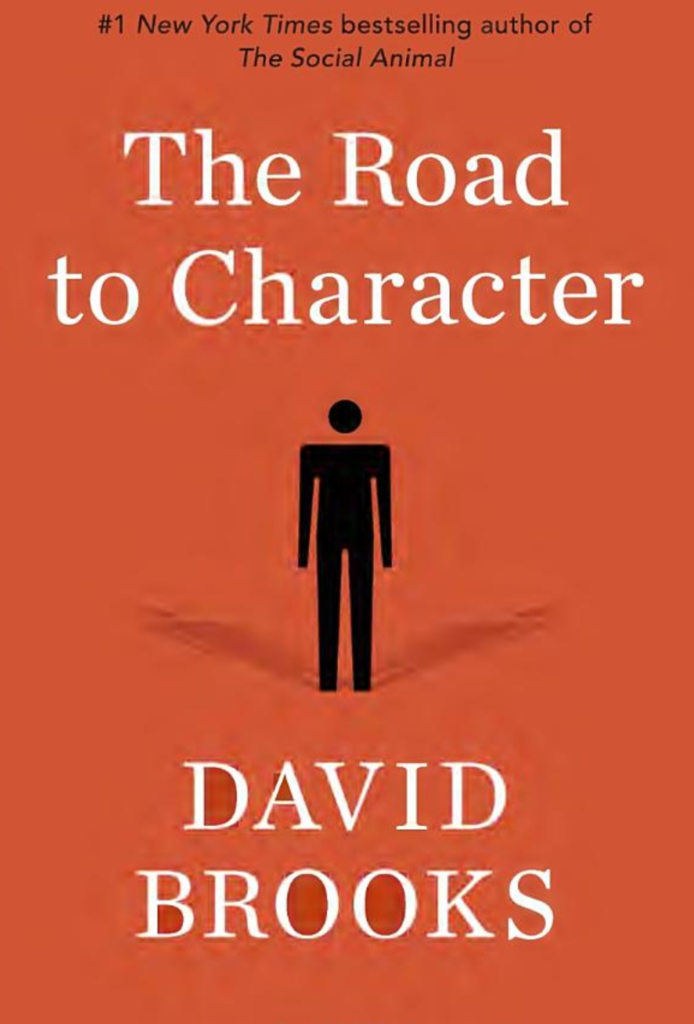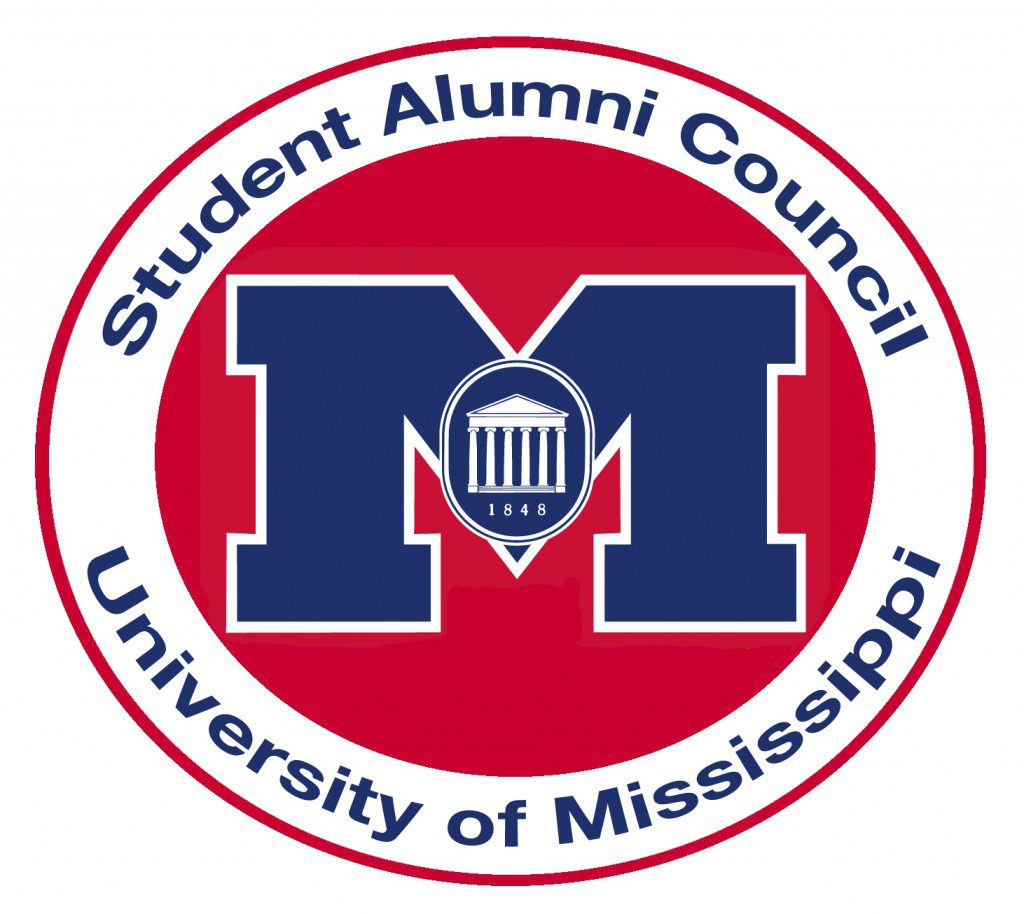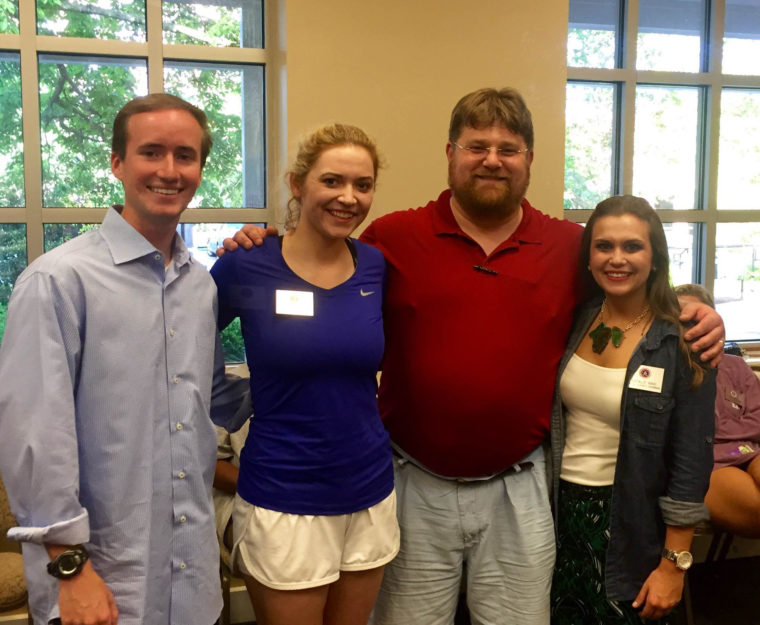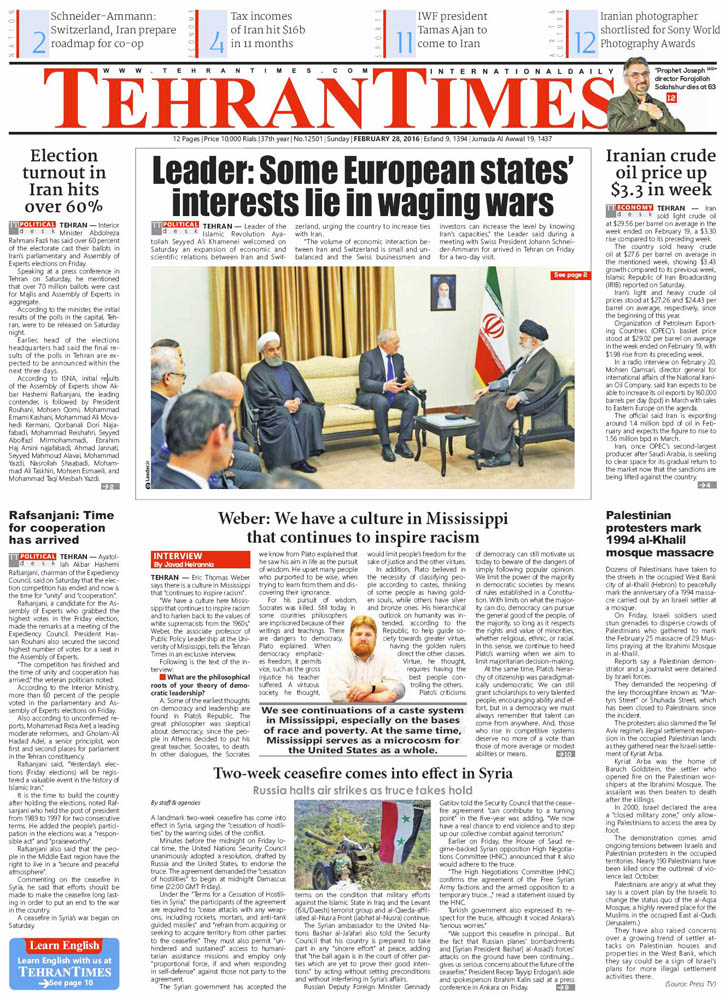The two-page article, At Franklin Pierce, Learning to Make a Difference, by Joni Doherty was published Fall 2015 in Kettering Foundation‘s annual newsletter, “Connections 2015 – Our History: Journeys in KF Research”. Doherty shares about the New England Center for Civic Life at Franklin Pierce University, and its focus on teaching and deliberation. Find the full article below, and Connections 2015 is available for free PDF download on Kettering’s site here.
From the article…
 The New England Center for Civic Life at Franklin Pierce University is dedicated to the teaching, practice, and study of deliberative democracy. As director of the center, I helped align the center’s mission with that of the university. The center was founded in 1998 on the premise that engaged and deliberative communities are vital for a healthy democracy and for individuals to realize their goal of experiencing rich and fulfilling lives. Through initiatives that use deliberative democratic practices, the center creates opportunities for people to become active producers of knowledge and engaged community members. At first, our efforts were divided between community-based and campus-based work; today, about threequarters of the center’s activities are on campus. We learned that the best way to realize the center’s mission was to meet people where they are, and where we are too—on a rural, small, liberal arts college campus.
The New England Center for Civic Life at Franklin Pierce University is dedicated to the teaching, practice, and study of deliberative democracy. As director of the center, I helped align the center’s mission with that of the university. The center was founded in 1998 on the premise that engaged and deliberative communities are vital for a healthy democracy and for individuals to realize their goal of experiencing rich and fulfilling lives. Through initiatives that use deliberative democratic practices, the center creates opportunities for people to become active producers of knowledge and engaged community members. At first, our efforts were divided between community-based and campus-based work; today, about threequarters of the center’s activities are on campus. We learned that the best way to realize the center’s mission was to meet people where they are, and where we are too—on a rural, small, liberal arts college campus.
One challenge we faced was connecting the self-interested, personal goals of undergraduates, who understandably are preoccupied with doing well academically and preparing for their future professions, with the larger public good. We also faced the challenge of the workload of faculty, who teach four courses each semester. There is often little time for civic, cocurricular, or extracurricular activities.
We learned that if we were to engage these groups, we needed to become involved in their primary areas of concern. With that in mind, we began the work of integrating deliberative practices (including identifying issues on one’s own terms, and on what is held valuable; considering possible actions; and making sound judgments through weighing benefits against trade-offs) into courses and the curriculum, not as “extras” or “supplements,” but rather as activities essential for teaching and learning in a democratic society. These practices foster critical thinking, ethical reasoning, and good communication skills and are done within an environment that encourages collective learning.
Engagement through Community
These practices can foster deeper engagement through connecting course content with community life. Examples include having students participate in a deliberative forum on a community problem that is relevant to course content; creating an issue guide with various options for addressing a problem; ensuring diverse perspectives are represented in course assignments (readings, films, and so on); and presenting ethical dilemmas in ways that invite the consideration of multiple options. Because deliberative pedagogy recognizes the impact of self-interest on engagement, affirms the value of personal experiences, and takes up “real-life” problems, it integrates formal education with the “subject matter of life-experience,” which John Dewey has identified as an essential part of learning.
Our first major initiative was the Diversity and Community Project, which began in 1998. Faculty and students created guides on issues related to gender, sexual orientation, and race. We also used the National Issues Forums racial and ethnic tensions guide to situate our campus issue within a broader national context. We held annual moderator and issue-framing workshops, led class-based and campuswide forums, and began a Civic Scholars program. The project was integrated into the first-year seminar. A grant allowed us to share what we had learned with other colleges in northern New England. Over time, these activities became integral to all of the center’s programming.
Another example of curricular integration, and one that connects courses across the disciplines, is the Art and Dialogue Project, which focused on a different issue for each of its five years. Our first project, in 2010, explored a water-related environmental issue. In following years, we took on other challenges, including respect (or lack thereof ) in public life. This project includes creating a public participatory art installation, which, along with concerncollecting sessions, is part of how we name and frame the issue, and convening forums. It culminates in a multimedia celebration that has included video, music, light and sound installations, and storytelling. This is not a programmatic sequence of individual performances, but one in which the public (in this case, students) are cocreators of a deliberative public exchange. It is a way for students to transform the everyday routines of college life into one in which they are the primary actors and agents for change.
As one of the university’s primary community liaisons, the center also partners with towns and local residents on projects. Because they do not follow academic schedules, faculty and student involvement tends to be episodic, and having a full-time, year-round director ensures the necessary continuity. In “Rindge 2020: Mapping Our Future,” town officials from Rindge, university faculty, and local residents framed the issue, wrote a guide, held forums, and implemented several actions. Another example, “Citizens Seeking Common Ground,” involved residents in a school district that spanned two towns. The group held a series of dialogues to work out a way of addressing a six-year impasse on the need for new or improved school facilities.
About Kettering Foundation and Connections
 The Kettering Foundation is a nonprofit operating foundation rooted in the American tradition of cooperative research. Kettering’s primary research question is, what does it take to make democracy work as it should? Kettering’s research is distinctive because it is conducted from the perspective of citizens and focuses on what people can do collectively to address problems affecting their lives, their communities, and their nation.
The Kettering Foundation is a nonprofit operating foundation rooted in the American tradition of cooperative research. Kettering’s primary research question is, what does it take to make democracy work as it should? Kettering’s research is distinctive because it is conducted from the perspective of citizens and focuses on what people can do collectively to address problems affecting their lives, their communities, and their nation.
Each issue of this annual newsletter focuses on a particular area of Kettering’s research. The 2015 issue, edited by Kettering program officer Melinda Gilmore and director of communications David Holwerk, focuses on our yearlong review of Kettering’s research over time.
Follow on Twitter:
Resource Link: www.kettering.org/sites/default/files/periodical-article/Doherty_2015.pdf

